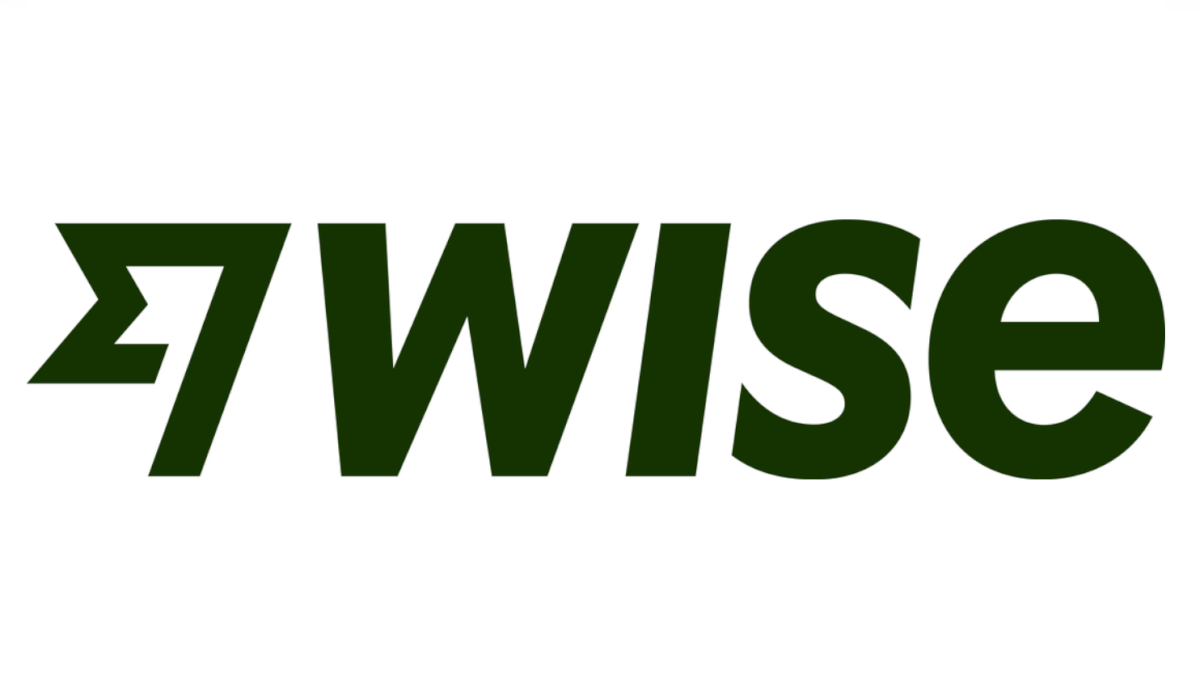Comment calculer le taux de change euro dollar: guide complet
Apprenez à calculer le taux de change euro dollar pour vos voyages et transactions. Découvrez les mécanismes cachés pour économiser et éviter les surprises

For our customers sending money with Wise or holding money in the Wise account in Europe, regardless of which currency you hold and in keeping with Wise’s regulatory obligations, we safeguard our customers’ funds in a mix of cash in leading commercial banks and investments in low risk liquid assets, primarily government bonds.
We also keep your money separate from the money we use to run our business. For more information on how Wise safeguards funds see here.
| Type | Institution |
|---|---|
| Cash deposit | JPMORGAN CHASE BANK, N.A. |
| Low risk liquid assets | Money Market Funds with BlackRock and State Street |
Over 99% of funds are held in cash with these banks as well as in low risk liquid assets such as money market funds in order to diversify risk and maximise liquidity. We take this approach to make sure your money is highly liquid and therefore always available to you.
We only invest in money market funds which provide same day liquidity and where our holding in the fund is less than 5% of the total assets under management.
Holding money in government assets is generally less risky than holding your money in a bank account, because banks can become insolvent but stable governments rarely do. For a government bond to fail, the government which issued the bond would need to default on their loan payments, which almost never happens with large stable governments.
Customer money is held in cash or bonds with a term of less than 3 years. The average duration of the bonds we hold is currently under 6 months – with the majority of bonds having a remaining term of 3 months or less.This makes us generally more resilient than banks in the face of interest rate changes. We actively manage the fair value risk in relation to these and any impact is already reflected in our financial position.
We hold your money in shorter-term bonds because bonds with a longer-term can lose value if interest rates go up and they need to be sold early. These bonds can be sold if additional liquidity is required, but with available cash holdings at banks, this is generally not expected. For the money that we put into banks, we mitigate the risk by diversifying across several reputable banks with strong liquidity.
We are not a bank, which means we do not lend out our customers’ money to people or businesses. This also means our payment services are not subject to the Belgian Deposit Guarantee Scheme.
We do however offer our Assets feature, which is an investment service, in certain countries. Money invested in ‘Assets’ is held in segregated accounts, separate from Wise’s own funds. In addition to this protection, each customer is also eligible for protection under the Estonian Guarantee Fund (GF) up to a value of €20,000 in Europe.
If you have opted to invest any of your Wise account balance you can learn more about how your money is held in Assets here. If you are interested to hear more about the Assets feature, see here.
In order to mitigate against bank risk, we hold a significant percentage of funds in government bonds, as set out above, which would not be impacted by bank runs.The rest of the funds are held in banks in order to provide readily available liquidity, but diversified amongst several large highly rated banks.
We keep our holdings under regular review to ensure the safety and availability of customer funds.
*Veuillez consulter les Conditions d'utilisation et la disponibilité du produit pour votre région, ou visitez la page de tarification et des frais de Wise pour obtenir les informations tarifaires les plus récentes.
Cette publication est fournie à des fins d'information générale et ne constitue pas un avis juridique, fiscal ou professionnel de la part de Wise Payments Limited, de ses filiales et de ses sociétés affiliées. Elle n'est pas destinée à remplacer les conseils d'un conseiller financier ou de tout autre professionnel qualifié.
Nous ne faisons aucune déclaration, garantie ou engagement, qu'ils soient exprimés ou implicites, quant à l'exactitude, l'exhaustivité ou l'actualité du contenu de la publication.

Apprenez à calculer le taux de change euro dollar pour vos voyages et transactions. Découvrez les mécanismes cachés pour économiser et éviter les surprises

Découvrez comment faire un virement à l'étranger sans IBAN, les alternatives disponibles et les informations nécessaires pour un transfert réussi.

Découvrez comment suivre un virement bancaire international, les délais, les outils de suivi, et solutions en cas de retard ou blocage.

Découvrez comment convertir des devises sans frais cachés et économiser sur les taux de change avec des solutions transparentes et efficaces.

Découvrez la différence entre virement SWIFT et SEPA, leurs frais, délais, et quand les utiliser pour envoyer de l'argent à l'étranger.

Tout savoir pour respecter la réglementation sur le transfert d'argent à l'étranger : plafonds, justificatifs et solutions économiques.